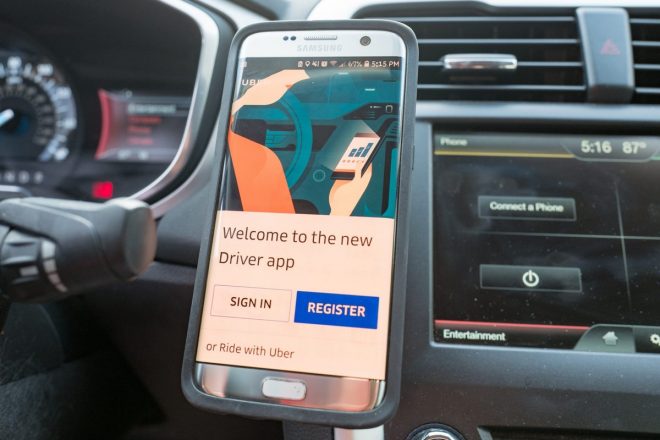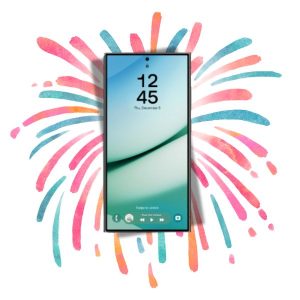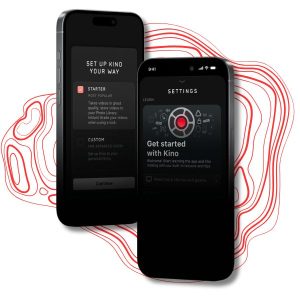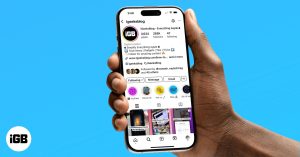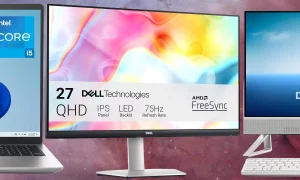Uber is bringing out a Prime-style monthly subscription scheme
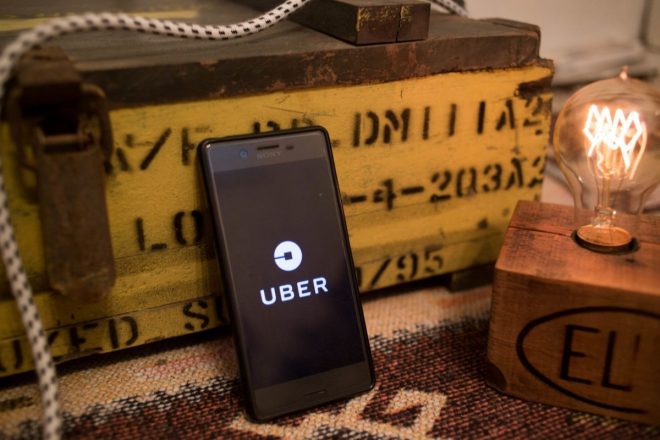
Regular users of Uber can now pay a monthly fee to get a discount on every journey
Are you an Uber addict? Do you take one look at the queue for the bus stop and think, “nah” and reach for your phone? Do you look down with disdain on the rats that have to fight it out on the Underground? Do you cry when your bank statement comes in and you see those oh-so-familiar payments to Holland? If so, then we have very good news for you.
Uber is trialling a subscription service along the lines of Amazon Prime, in which users will pay a monthly fee in exchange for paying a flat fee for all rides.
The flat fee system, which they have implemented before, generally works out to about 15% cheaper than just taking the journey regularly.
It’s only being trialled in five US cities at first – Denver, Austin, Orlando, Miami and Los Angeles – but obviously might end up making it over here if it’s successful. With the monthly fee set at $15 (except in LA, where it’s $25), anyone who uses more that $100 worth of Uber a month would be making a saving using the service.
Ride Pass, as they’re calling it, will also exclude users from things like surge pricing. It could end up saving regular users – people who commute using Uber, or disabled users who rely heavily on the service – a fair amount of money.
The drivers will get paid the same as for a regular ride, however, with Uber itself prepared to take a bit of a financial hit in the time it takes to get Ride Pass established.
“We’re really keen to make sure this is priced to the point where people can buy the pass and not have to think too much about it,” Dan Bilen, product manager at Uber, told The Verge. The pass automatically renews every month, so should require absolutely minimal effort, and can be cancelled at any time.
And you might get this driver:
Whether it ends up coming over here or not obviously depends on how successful the pilot schemes in the US are. It feels, based on no data at all (Uber aren’t always amazingly forthcoming with data) like people in American cities are more likely to use Uber frequently enough to make it a good deal than people in London, for example – traffic is always terrible, and for all that we love complaining about the Tube, it’s a damn sight better than a lot of places have.
But then, maybe there are enough high-frequency users between people who just can’t hack the Underground, the aforementioned disabled users, people who live just beyond where the Tube goes and use it every day because they didn’t think it through when moving house and big posh millionaires to make it worth it.



